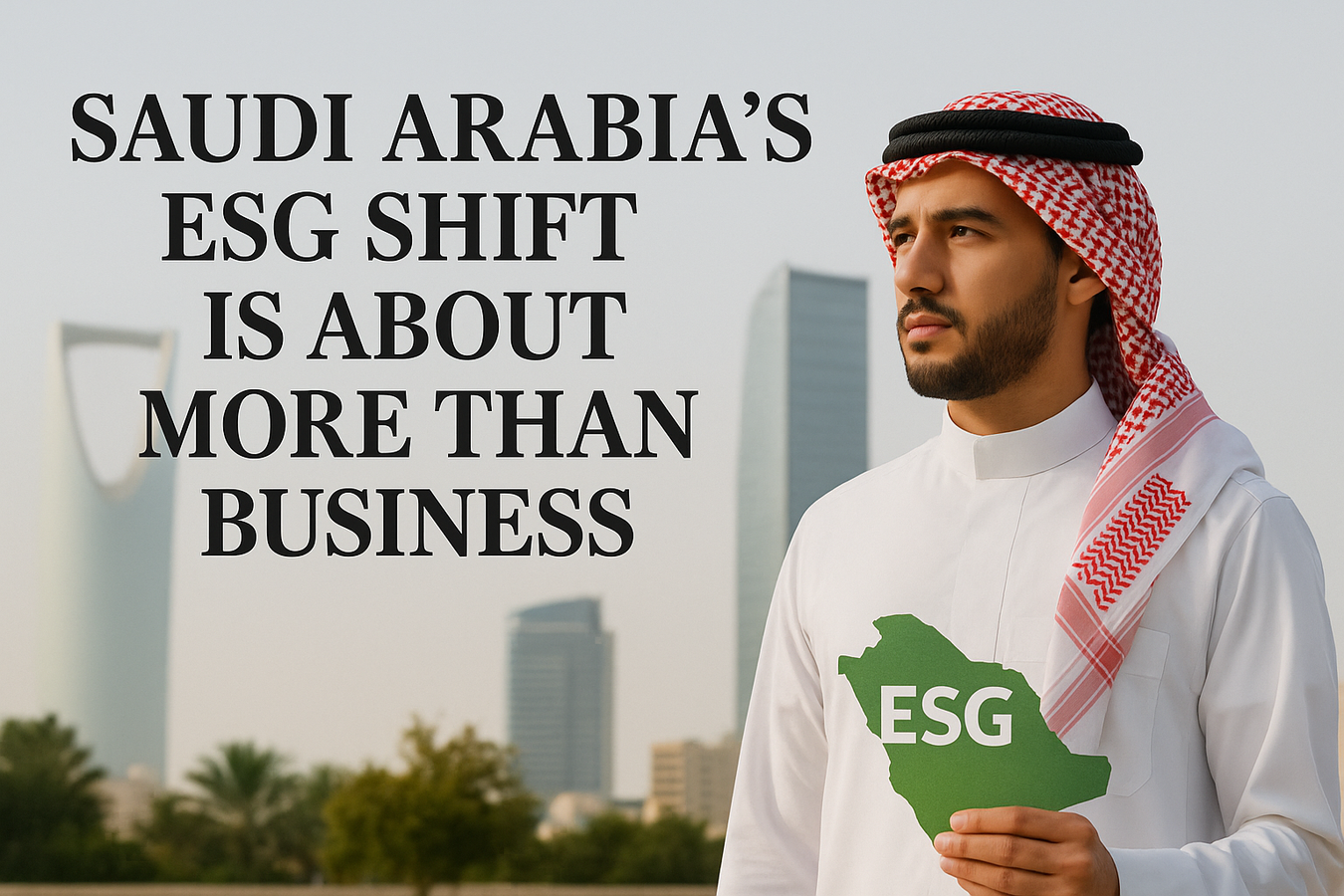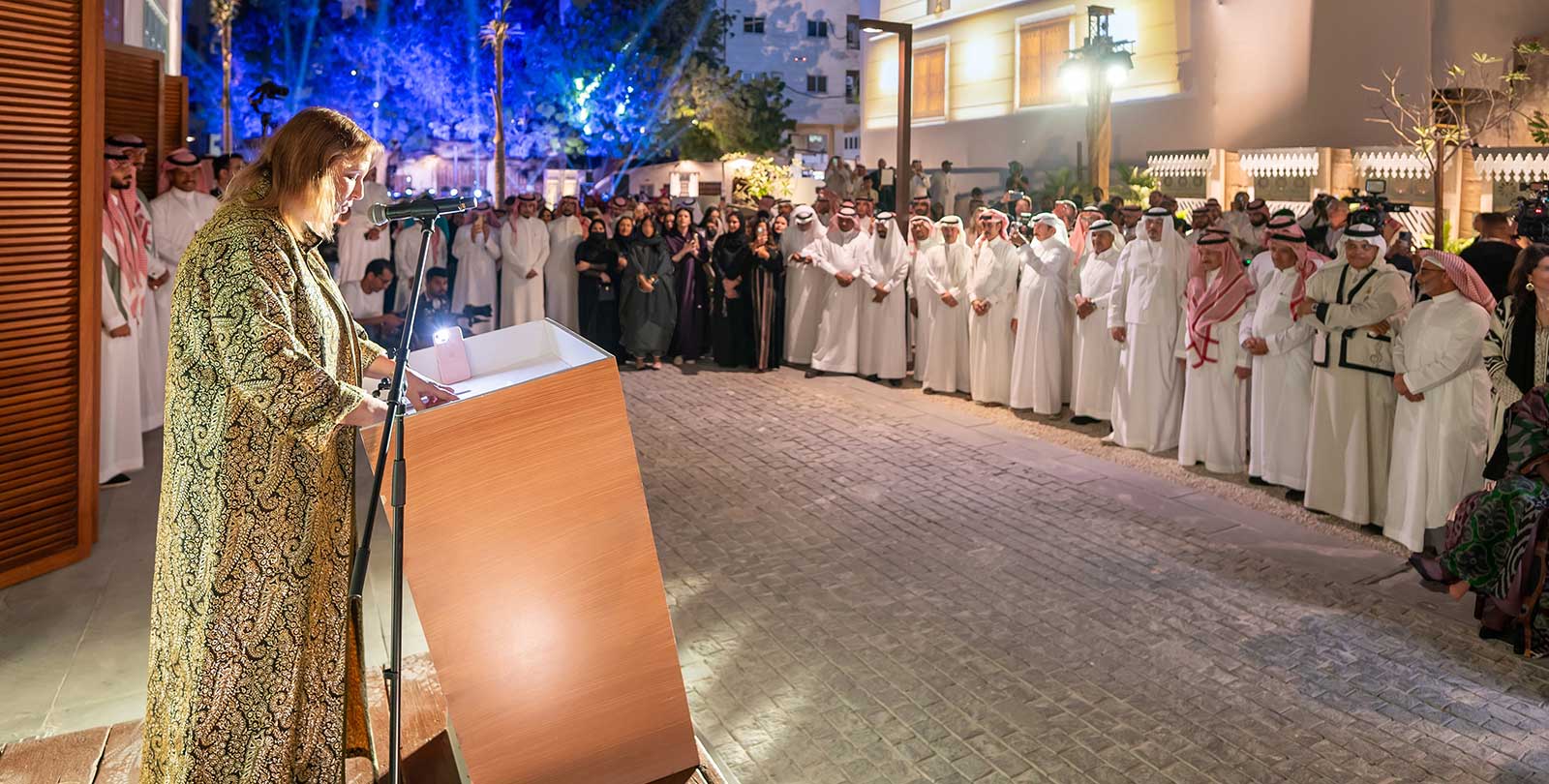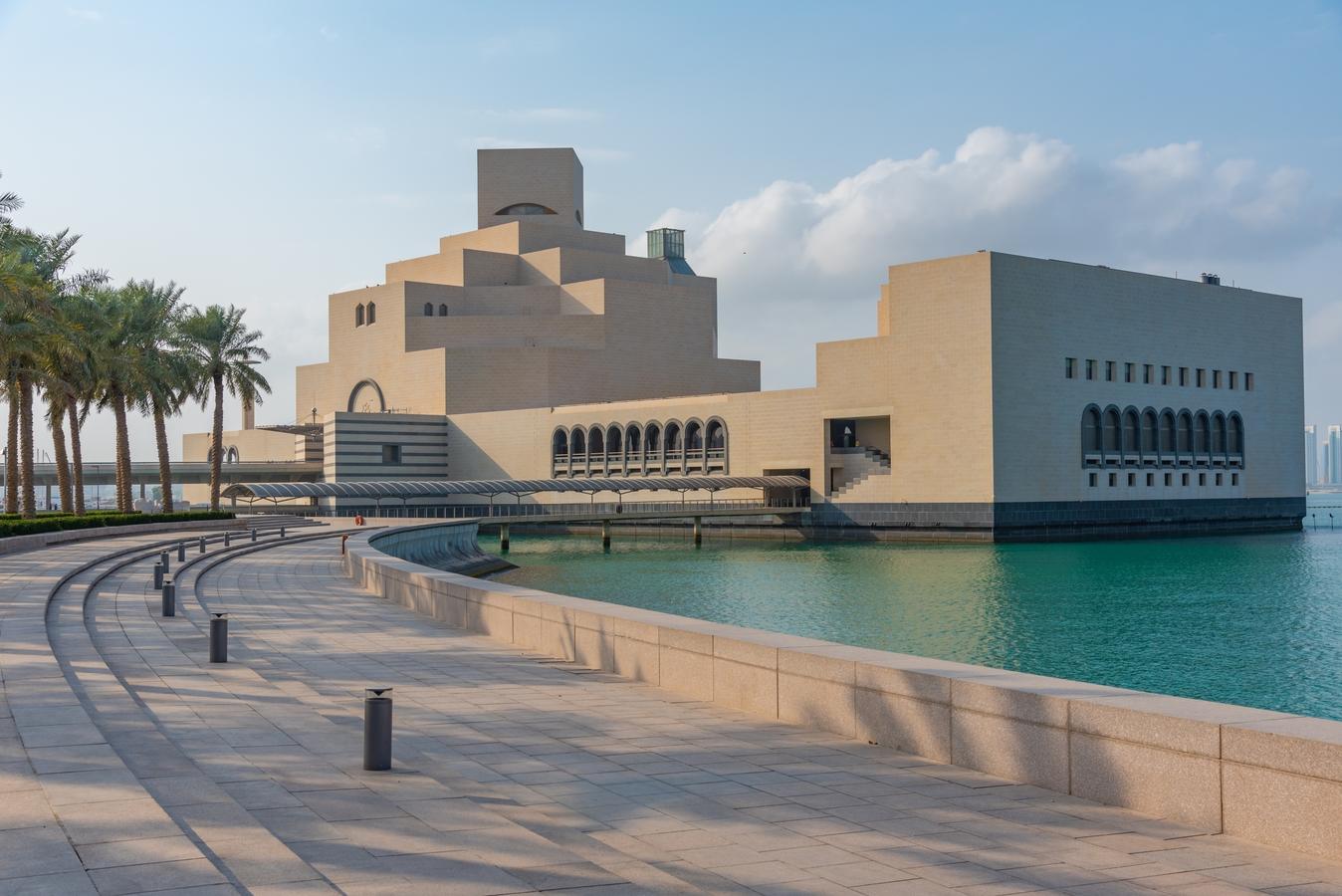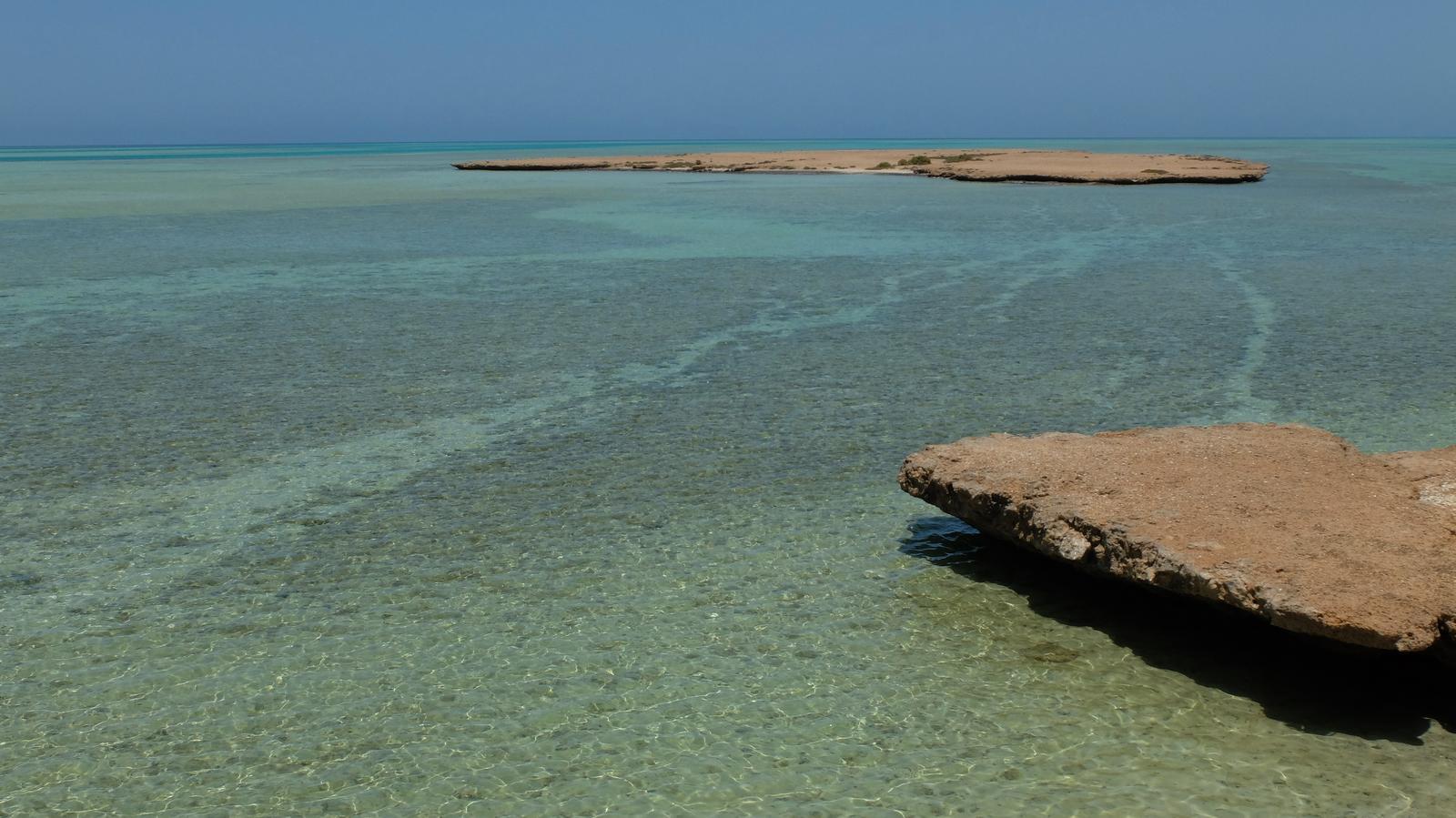From a distance, ESG in Saudi Arabia—Environmental, Social, and Governance principles—can look like a borrowed framework, brought in to please international investors. But on the ground, something more layered is happening. Companies aren’t just checking boxes; they’re starting to shape how responsibility looks and feels in a society that’s been in flux for years.
As Saudi Arabia positions itself more prominently on the global stage, ESG is no longer merely an external expectation. It’s becoming part of the local language of change. With reforms accelerating and society opening up, the question of what companies owe to their communities, employees, and environment is moving from the margins to the mainstream—not only as policy, but as culture.
As Arab News recently noted, Saudi companies are beginning to redefine corporate responsibility through ESG leadership—a shift increasingly visible across sectors. In 2023, the Saudi Capital Market Authority reported a notable rise in ESG disclosures among publicly listed companies, indicating growing institutional awareness and compliance. But the story doesn’t end with reporting frameworks or compliance checklists.
In a country where the state once carried most of the weight, it’s still a relatively new idea that companies should be socially active. That SAWACO is rolling out water-saving programs, or that a biotech startup like WAYAKIT is made up mostly of women, isn’t just clever branding—it reflects a broader generational shift. Saudis are reconsidering who holds responsibility, and why.
Growing up between Saudi and European contexts, I’ve often seen how responsibility was understood through different lenses. In Saudi Arabia, it used to mean loyalty to family, tribe, or state. Today, for many younger Saudis, it’s becoming something broader, and more individual. A company offering real opportunities to women in science isn’t just aligning with national goals—it’s answering a question many young people are quietly asking: how can we belong to something bigger, and help shape it?
At the policy level, frameworks like the ESG Disclosure Guidelines issued by Tadawul (Saudi Arabia’s stock exchange) in 2021 are beginning to gain traction. These guidelines recommend voluntary ESG reporting aligned with global standards such as the GRI and SASB. While not yet mandatory, their adoption reflects a growing consensus that governance, sustainability, and social impact are now part of the Saudi corporate lexicon.
For expatriates living in the Kingdom, ESG might seem like a niche or technical topic. But in reality, it offers a window into something much deeper: a society quietly rethinking the balance between profit and purpose, central planning and civic participation, tradition and progress.
In that sense, ESG in Saudi Arabia is not just about risk management or investor relations. It’s about what kind of society Saudis—and the companies they build—want to live in. And as this shift unfolds, it deserves to be observed not just as a policy development, but as a cultural transformation in real time.









0 Comments
No comments yet. Be the first to comment!